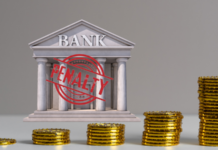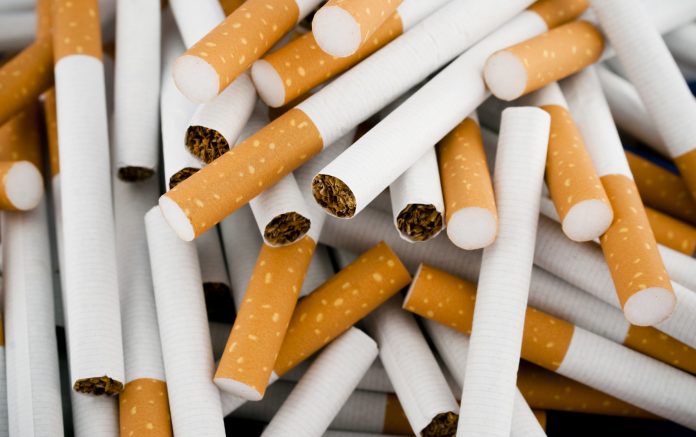ISLAMABAD: The decision to impose ‘sin tax’ on cigarette packets still hangs in the balance as the federal cabinet is yet to approve the Sin Tax Bill owing to “the alleged opposition of the Federal Board of Revenue (FBR)”.
Sources in the Ministry of National Health Services revealed that the FBR was against the imposition of Rs10 sin tax on cigarette packets as it believed the tax would cause a negative impact on those market players who have been paying heavy taxes regularly.
“FBR viewed that the local cigarette industry would earn an annual benefit of Rs10 billion due to the imposition of sin tax, but the multinational companies (MNCs), which had paid around Rs98 billion in taxes, might face exorbitant losses,” sources said. “A decrease in the earnings of MNCs of the cigarette industry will resultantly cause a negative impact on the revenue of FBR.”
Sources said that the Ministry of NHS had recently presented a bill, titled ‘The Federal Health Levy Bill, 2019’, before the federal cabinet for approval prior to presenting the bill in the parliament. However, the federal cabinet meeting, held last Thursday (21st February), had deferred the matter.
In Pakistan, cigarette causes some 108,800 fatalities annually, which, in other words, mean 298 deaths per day.
According to sources, a ‘health levy draft bill’ was formulated to impose ‘sin tax’ on cigarettes and sugar-sweetened beverages so as to raise money for health insurance scheme and fatal disease programme in line with the vision of Prime Minister Imran Khan.
The revenue earned would be used for expenditure for schemes, programmes, activities and/or research designed for the improvement of general health of the people and to reduce the human and economic costs due to various diseases.
Similarly, health levy would be charged, levied and paid on manufacture, sale or transfer of cigarettes and sugar-sweetened beverages (harmful products) by the manufacturers, producers and importers, while the revenue collected through this levy would be allocated to the health budget of the federal government.
Prime Minister Imran Khan, in his public address on the completion of 100 days in government, said only two tobacco companies, with a market share of around 60pc, contribute 98pc in the tobacco tax collection, whereas all other tobacco companies operating locally contribute only 2pc to the national exchequer despite having a market share of about 40pc.
The tobacco industry in Pakistan faces a critical challenge with the wide presence of non-tax paid cigarettes, which recorded a market share of over 41pc during fiscal year 2016-17. The primary source of these non-tax paid cigarettes was locally manufactured tax-evaded cigarettes, which were selling at a price gap of almost 170pc versus the tax-paid legal cigarettes in 2016-17.
The Senate’s special committee, formed under the chairmanship of Senator Kalsoom Perveen, has so far not given any recommendation regarding the decline in the collection of taxes from the tobacco sector. The tax revenue from the tobacco sector plunged from Rs111 billion in 2016-17 to Rs74 billion in 2017-18.
Upon this scribe’s request, Senator Kalsoom Parveen stated that the final report regarding the decline in revenue collection from the tobacco sector was in process, adding that recommendations would be finalized soon.
An FBR spokesman was also approached to get the board’s stance on the imposition of sin tax, but he did not reply despite repeated attempts.
It is relevant to mention that such health levies (sin tax) were reportedly being charged in around 45 countries. The United States charges about $1.5 per pack of cigarettes, while the UK charges 40 pence per liter of sugary beverages as sin tax. Thailand, as well as a number of other countries, have similar taxes earmarked for healthcare services. In India, a sin tax on gutka and paan masala has been imposed and the revenue generated was spent on healthcare.
























